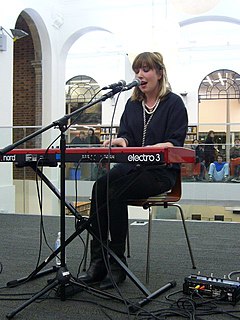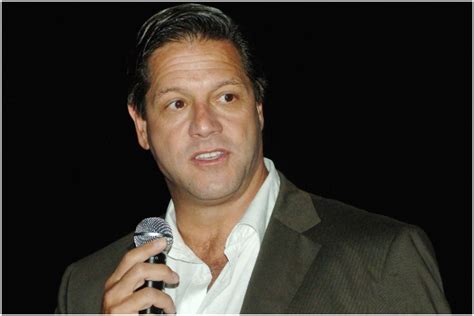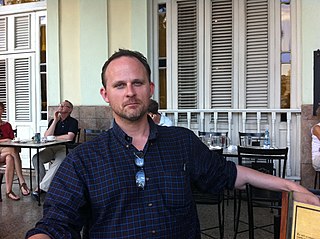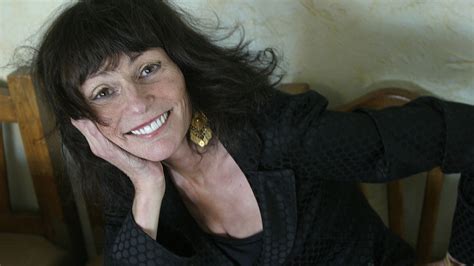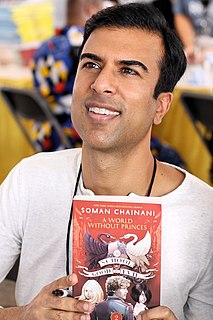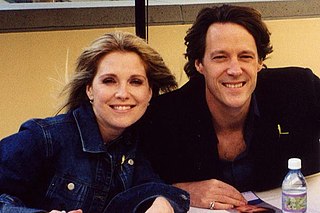A Quote by Jacqueline Woodson
I think it's so important that, if I'm writing about the real world, I stay true to it. I think that kids do compartmentalize, and they're hopefully able to see it from a safe place of their own lives and, through that, learn something about empathy.
Related Quotes
The wonderful thing about books is that they allow us to enter imaginatively into someone else’s life. And when we do that, we learn to sympathize with other people. But the real surprise is that we also learn truths about ourselves, about our own lives, that somehow we hadn’t been able to see before.
What I think is important about essayists, about the essay as opposed to a lot of personal writing is that the material has to be presented in a processed way. I'm just not interested in writing, "Hey, this is what happened to me today." You get to a place that has very little to do with your personal experience and talks about some larger idea or something in the culture. I don't think you can get to that unless you have had a lot of time to gestate and maybe if I was taking a lot of notes while stuff was going on, I wouldn't be able to get to that place as easily.
I think all kids feel that their lives are tough, and that they've, been given an unfair shake for one reason or another. So I think there's a lot of kids who relate to my story. They also relate to the fact that I got out of it. And I tell them that my refuge from all that was books - the library was my safe place. And the art room was my safe place because there I knew what I was doing.
In political sense, it doesn't really matter what I do on my own, but it's so important to rally some sort of collectiveness and reignite a collective vision, and I think that's something you can do effectively through art and music, and through writing and entertainment - and just through like, pop culture. It's about spreading ideas and making people think differently, essentially.
Children have a ton of mirror neurons when they are babies and kids and they mimic what they see and so heroes are important because we are watching these heroes make a difference in these peoples lives and sacrificing their lives in some cases and I think it is really important to know that it is not just about us but about the community.
I think empathy is a guy who punches you in the face at a bus station, and you're somehow able to look at that him and know enough about what situation he was in to know that he had to do that and not to hit back. That's empathy, and nothing ever happens in writing that has that kind of moral heroism about it.
writing is about doing something very close to the bone. It's about shocking yourself. When I write, I like to make myself cry, laugh - I like to give myself an experience. I see a lot of writing out there that's very safe. But if you're not scaring yourself, why would you think that you'd be scaring anybody else? If you're not coming to a revelation about your place in the universe, why would you think anyone else would?
I never think of my work as writing for a young audience, frankly, because I think it risks talking 'down' to them. The idea is for these books to work just as well as for adults as kids. As for what readers will take away, I just want them to love being in the world and see it as a safe place to explore things that adults are often uncomfortable talking to them about.
I think that cinema and the arts are central in our lives because we grow up and learn about the world through our exposure to stories. Parents use them as a tool to teach their children fundamental truths and values, much as adults can view them to gain exposure to cultures and individuals that they'd never be able to view in their own lives.
This frenzy about cyberporn indicates some deeper fear of adults as they see kids become more independent and learn things they never learned. I think those fears also reflect a failure to communicate. Parents should be able to say to their kids: "There is stuff out there that we don't look at, and if you find yourself looking at it or someone approaching you about it, then let's talk about it."
I love things that are brave enough to be nakedly about what our lives are actually built of, when you're wild about someone, or you love something, or you're a fool, or you embarrass yourself. And I don't think the answer is cynicism. Cynicism is not the cure for sentimentality. Cynicism is its own form of sentimentality. For example, I tried to watch Breaking Bad. After three episodes, I thought, I don't like this guy. I don't care about him. But you can see why people tell themselves that they think this is real. But real doesn't mean bad.





